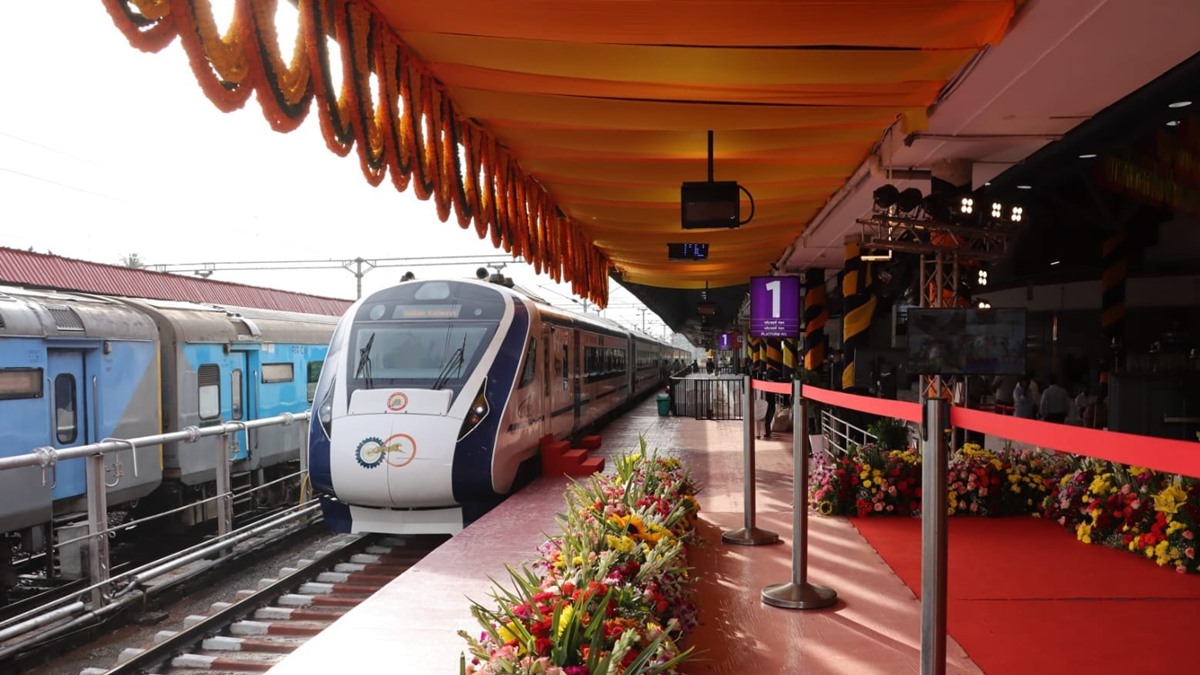An oasis of maternal health
Kadia, Rajasthan, Feb 26 (UNI) The dusty village road led to the tiny four-room health care centre of the NGO Arth, where nurse Licie was taking care of a just born baby and her 18-year-old mother.
''Since the centre opened its doors for 24 hours, the rich and the poor of our village prefer it to the government hospital of the city,'' said the aged midwife Dhanki Bai of Pipad village who had been trained by the centre which has been functioning here since 2001.
Dr Sharad Iyengar, a founder-member of the NGO, said, '' I have a hunch that since we set up the centre here in 2001, the number of maternal deaths have gone down by 50 per cent''.
Outside the centre, relatives of two women, who had just delivered, sat waiting to see the latest addition to the family.
A little distance away, women were on way to fetch water with pitchers balanced on their heads while trucks rumbled past carrying labourers to the soapstone mines or returning with the load from there. Children with dirt encrusted bodies played around.
''We cover 19 programmes with a population of 20,000 in our awareness programmes and maternal health care through two centres.
Following the growing popularity of the centre, people from other villages also come to the centre," Licie said.
The area has the poorest population of scheduled tribes and the economically well-off higher caste landed gentry.
''Initially, we had some difficulty getting over the differences.
But now equality prevails within the premises of the centre and the scheduled tribes sit on the benches along with the upper castes,'' Dr Iyengar said.
He said when he started work here in 2001, hardly four delivery cases came in a year. The number today has risen to 23 cases in a month. There are six trained nurses and three midwives. Normal deliveries are handled by the staff and it is only in case of rare emergencies that they are referred to the city hospital.
The lower caste people from weaker sections are charged Rs 100 and in case they need to be transported to the city, the centre pays for the transport. The upper caste people who are well-off are charged Rs 300 per case and also have to foot the bill for transportation.
The funds for the centre come from the Ratan Tata Trust and the US-based MacArthur Foundation.
''We prescribe the least number of drugs. The only aid we take from the government is in the form of free drugs. We have consciously avoided any government help even in the form of land. This is how we manage to keep the political pressure away from our work,'' Dr Iyengar added.
Taking a dig at the high stakes of some doctors in keeping the costs of delivery high and the support of some politicians for such systems, he said, ''the political economy of delivery is an interesting one which traps poor people the most. We have tried to eliminate it through our work of improving the maternal health care system in some villages in our own small manner.'' UNI ARB NK RAI1121


 Click it and Unblock the Notifications
Click it and Unblock the Notifications




